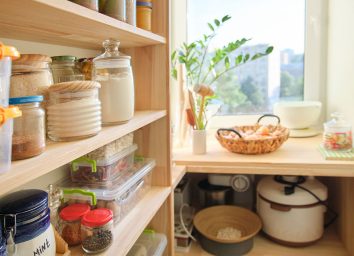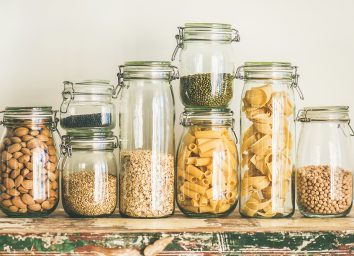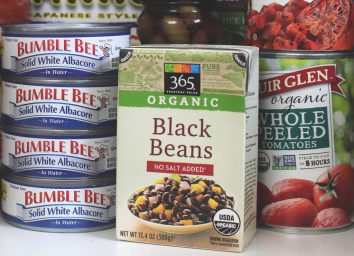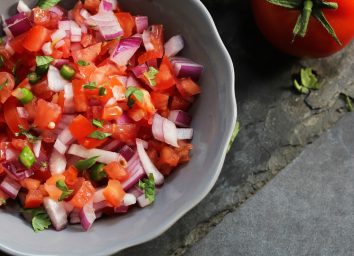The One Food That Never Expires
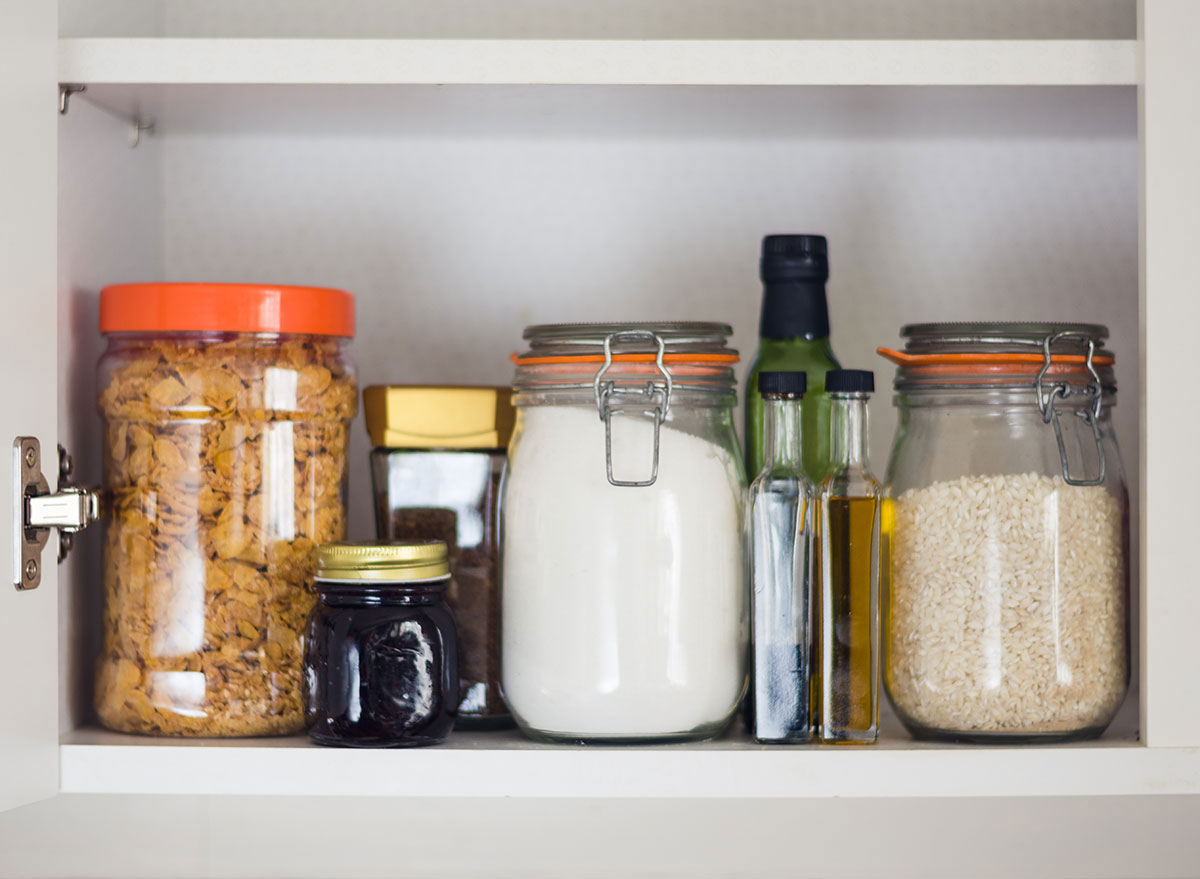
Your food should go bad. That's the general rule of thumb when eating a healthy, clean diet. Fruits, vegetables, meat, dairy, and whole grains all have a shelf life, anywhere from days to weeks, sometimes months, or even years for canned and dried foods. That's one of our 50 Ways to Lose 10 Pounds Fast: eating real food. But eventually, real food will mold, rot, decompose, and emit an unsavory odor that will linger in your fridge or pantry.
But there's one kitchen staple that will never, ever go bad. There's no expiration date, and it will never spoil. And it's not a processed food, either; it's all-natural and is probably taking up space in your pantry or cabinet at this very moment. It's a staple in most kitchens, and people can continue to use the same batch for years or even decades. So what is it?
Honey! That's right, the natural sweetener made from bee spit-up (gross, but true), the thick concoction that makes everything from tea to oatmeal to yogurt taste better, will never expire.
It's all thanks to how this sweet elixir is made, by the magic of honeybees and the nectar they retrieve from flowers. The process from bee to your pantry is a methodical one: After the bees get the nectar, it's naturally broken down into simple sugars, and the bees store it in honeycombs. Beekeepers collect the honeycomb frames, scrape off the waxy outer layer, and put them in an extractor. The extractor collects the honey, after which it gets strained to remove any remaining wax, and finally bottled. Although there are dozens of different brands of honey, as long as the only ingredient listed is "pure honey," you know you're getting the real deal.
For more, don't miss these 15 Classic American Desserts That Deserve a Comeback.
Why doesn't honey ever expire?
It has such a long shelf life because it's a form of sugar. Although different from white table sugar, the sweet stuff is hygroscopic, which means it doesn't contain much water in its natural state. Because there's so little moisture, bacteria and other microorganisms that typically make food go bad can't thrive in that dry of an environment.
Honey is also acidic, with a pH level ranging from 3.26 to 4.48. The high acidity means it will kill off any other bacteria trying to survive in honey. And if it's properly stored, like in a well-sealed glass jar, it won't be exposed to a moist environment that could spoil it. So as long as your honey is properly sealed and stored in a dry place, it should last forever.
Can you still eat crystallized honey?
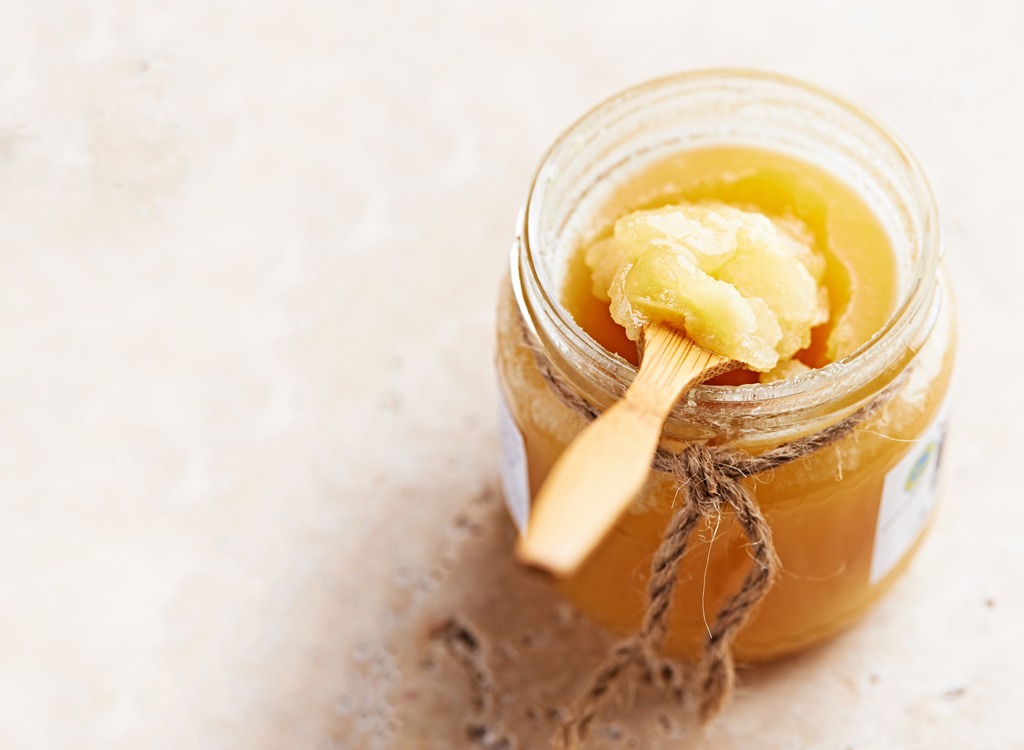
Sometimes honey will crystallize, which some people wrongly think means it has gone bad. It's actually a sign that you have raw, good-quality honey. Honey is made of two main types of sugars: fructose and glucose. Depending on the balance of the two types of sugars and what type of honey you have, it could crystallize. And if you put it in the fridge, the likelihood of it crystallizing is even higher. To make the crystals liquid again, you can put your honey in a bowl of warm water to increase the temperature. But crystallized honey is still good to eat, and doesn't mean the honey has spoiled. So enjoy your jar of honey, even with crystals.
Next time you think your bottle of honey may be going bad, don't toss it; save some cash, and keep it in your cupboard along with these 20 Healthy Pantry Staples. It will still be just as good and just as sweet as the day you bought it—the oldest jar of honey is believed to be 5,500 years old!
